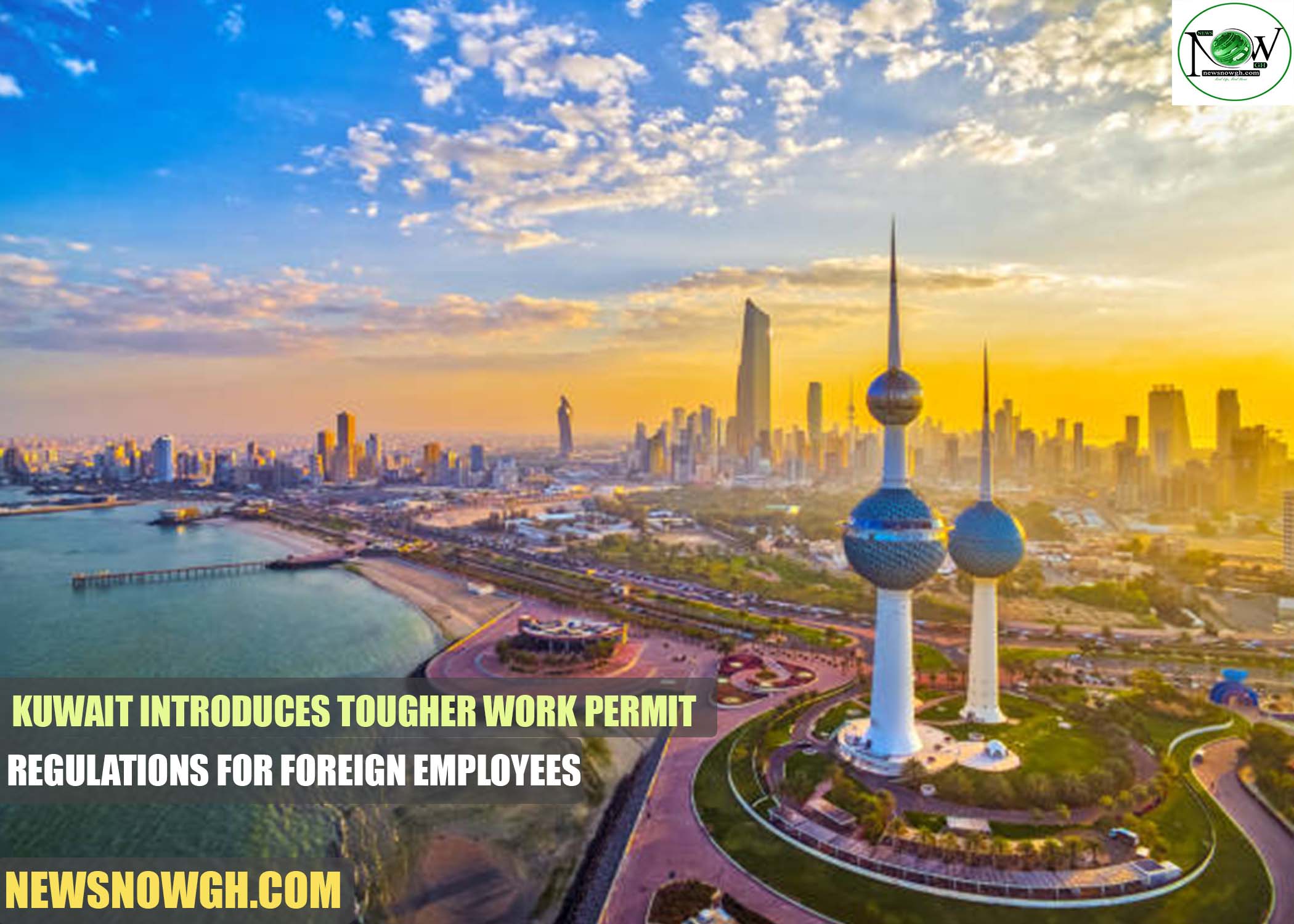Kuwait Introduces Tougher Work Permit Regulations for Foreign Employees
Kuwait has rolled out new regulations governing the issuance and renewal of work permits for foreign employees. These changes, implemented through the Ashal and Sahel platforms, aim to connect job roles directly with verified academic qualifications.
The Public Authority for Manpower (PAM) in Kuwait has taken significant steps to streamline labor procedures. Recently, Acting Director General Marzouq Al-Otaibi approved updated processes for verifying the academic credentials and professional titles of migrant workers, including individuals from GCC countries and Bedoun workers.
Key Changes to Work Permit Applications
The new guidelines require that work permits adhere to three specific academic criteria:
- Educational Level: This includes Doctorate, Master’s, Bachelor’s, or Diploma.
- Field of Specialization: Examples include Biochemistry or Commercial Law.
- Status of Qualification: Categories range from unrecognized to fully accredited.
These measures ensure that the profession listed on the work permit matches the applicant’s educational background.
Automated Verification Process
According to the updated guidelines, labor department employees will confirm the alignment between job titles and academic specializations. The system will automate the verification of educational levels and accreditation status through the Ministry of Higher Education’s equivalency database. It will prompt users to upload academic certificates only when necessary.
Stricter Regulations for Engineering and Specialized Professions
The new policy distinguishes between engineering and non-engineering professions. For engineering roles, the system will automatically verify approvals. Applications lacking valid approvals will be rejected instantly, with confirmations attached electronically to accepted submissions. For non-engineering professions, employers must upload prior approval documents if the job requires it.
This approach ensures that only qualified candidates fill regulated positions, maintaining the integrity of Kuwait’s skilled labor market.
Simplified Renewal Processes for Some Workers
Despite the tougher regulations, Kuwait has streamlined certain renewal processes. Foreign workers, GCC nationals, and legal residents can renew their permits without needing to upload academic certificates or approval documents, provided they remain in the same profession. This efficiency benefits both employers and employees.
Implications for Foreign Workers
These new regulations will significantly impact expatriate workers, particularly those in fields requiring formal academic credentials.
- Increased Scrutiny: Workers must ensure their qualifications are properly documented and recognized by the Kuwaiti government.
- Potential Delays: Applicants with unrecognized qualifications may face delays or even rejections.
- Professional Alignment: Workers need to ensure their job roles align with their educational backgrounds.
- Automated Approval for Engineers: Engineers will experience a more rigorous approval process.
- Reduced Paperwork for Renewals: The automated system minimizes paperwork for certain renewals.
What Employers Should Know
Kuwaiti businesses employing foreign workers must adhere to the new academic and professional standards outlined in the regulations. They must ensure that all documentation is uploaded correctly via the Ashal or Sahel Business platforms. Additionally, prior approval must be secured for non-automated professions. Non-compliance could lead to automatic rejections, causing delays in hiring.
Conclusion
Kuwait’s introduction of new academic qualification rules marks a significant effort to enhance its labor force professionalism. While these changes may present challenges for some foreign workers, they also offer opportunities to elevate labor standards and transparency.
Both employers and job seekers must adapt to these regulatory shifts to ensure compliance and avoid disruptions in the hiring process.
Follow NewsNowGh to stay updated on the latest information regarding work permits, visas, and visa-sponsored employment.


